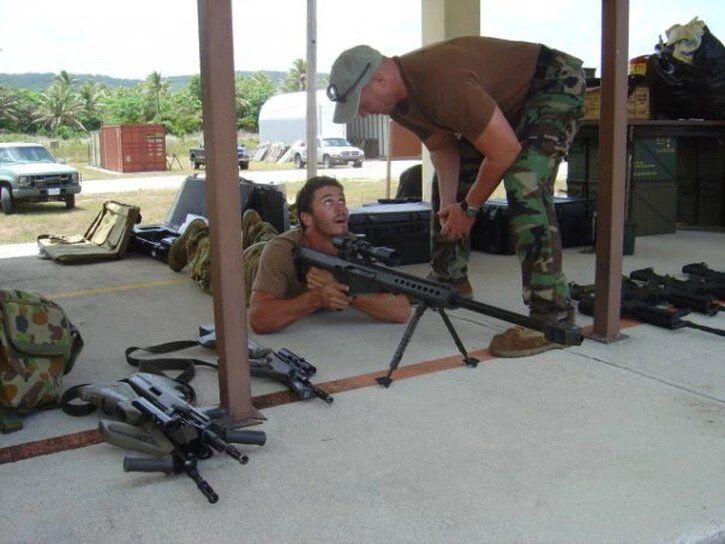
Veterans Employment Agencies
Veterans employment agencies in Australia are becoming increasingly popular with veterans and their families returning home after years of service in the armed forces. While Australian citizens have been settling here for many years, there has been an increase in the number of people from other countries including many from Australia’s former enemies such as the Gulf War veterans from Gulf War I and II. These veterans formed part of the “Vets Club” who travelled to Australia in the hope of getting a new life and settling here permanently. For those veterans, finding a job is difficult due to lack of experience and language skills and the increasing demand for skilled veterans and their spouses, in Australia.
Veterans Employment Agencies Can Help
This is where veterans employment agencies in Australia can help. They have specific programs designed especially for veterans and their families seeking work in this country. A good agency will be able to tailor services to suit veterans needs including language training, providing on-the-job coaching and guidance, and assisting with the processing of applications for employment. This level of expertise ensures that veterans will be able to get the best employment opportunities available in this country, which could help improve their standard of living. In addition, veterans will not be rejected from jobs on account of previous military service.
New Career Paths
With so many veterans returning home to re-learn basic skills and to compete in a different career field, many veterans find that the skills they have developed while serving their country and in the Armed Forces are not always easily translated into the civilian world. As a result, many veterans fall short in finding a career that matches their qualifications and skills. Veterans can benefit from agencies that offer relevant career counselling and resume writing services. They can then develop new skills and acquire additional training to help them secure higher-paying jobs.
Help in Transitioning to Civilian Life
The demand for skilled veterans is high, and veterans who experience difficulty in transitioning to careers in civilian life need help. Veterans can take advantage of special employment agencies that offer job placement services. Those agencies will assist veterans in establishing career goals, as well as assisting them in the transition to new careers. Career transition agencies are also able to provide on-the-job training and support after a veteran’s transition to ensure that veterans continue to achieve success in their chosen professions.
Connect With Others
Another useful service offered by veterans employment agencies in Australia is direct connection services. Many veterans find that their career has fallen by the wayside due to a lack of interaction with co-workers. By utilizing direct connection services, veterans can reconnect with former co-workers and gain valuable business contacts. This service is especially important for retired military personnel, who sometimes find themselves unable to relocate or change companies.
Skilled veterans are in Demand
Veterans employment agencies can help fill the needs of veterans in a variety of professional arenas. These agencies target specific industries and employ qualified professionals who specialize in particular fields. With so many openings for skilled veterans in the Australian economy, veterans must pursue a diverse career if they wish to remain employable in today’s economy.


Recent Comments